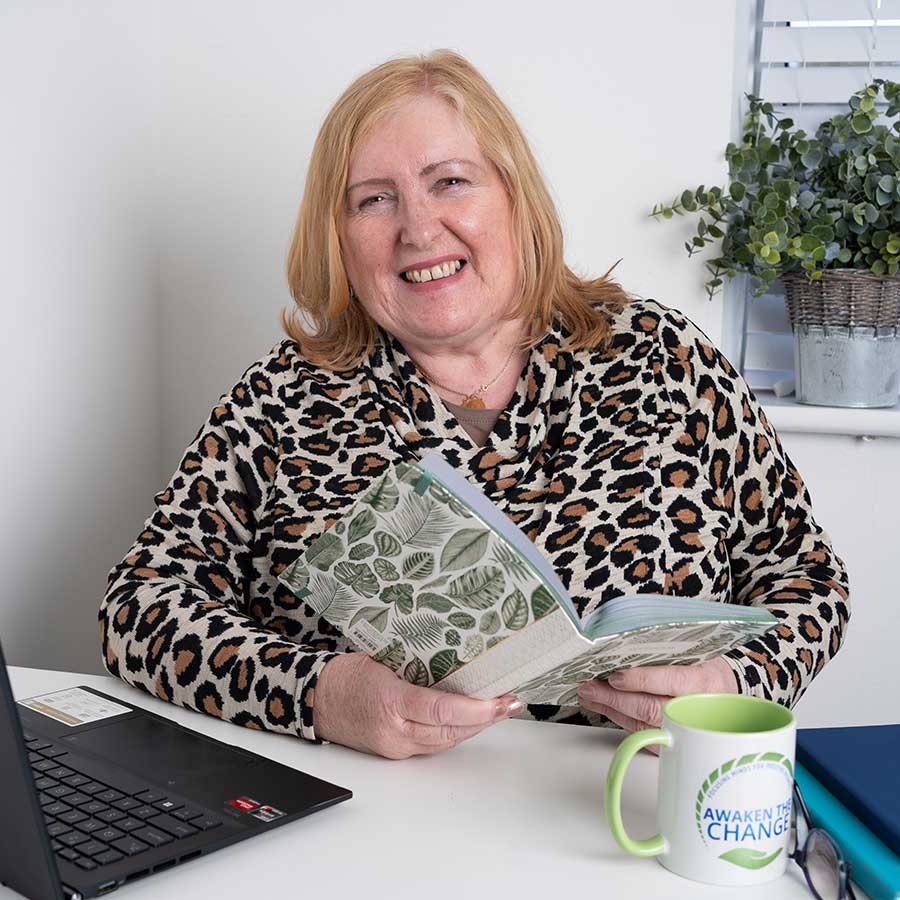Test or exam anxiety is common; however, we all need to learn, and that learning needs to be measured for a variety of reasons. But how do you make all that learning stick?
There is no one answer, but I have five ways that will definitely help. You may choose to do all five things to help you learn or consider taking one step at a time.
What makes remembering that learning imperative is when you know that you will be tested on it.
Test and exam stress and anxiety are everywhere because no one likes being judged. For example, we get tested at school, when we want to learn to drive, at work, especially when applying for another job, or when we learn to dance, play an instrument, or swim.
Unfortunately, people try to compare themselves with others who are also sitting the test. If they get a lower mark, this can increase anxious feelings.
We are assessed in every aspect of our lives from a young age until we die. So, whether you are 15 years old, studying for school exams, or 80 years old and being assessed by your family as to whether you can download a new app on your phone, we all need to learn and remember new things. Furthermore, what you learnt years ago may be obsolete or outdated now, as other research has proven that the previous way was incorrect. This means that we always need to learn more.
Learning is about memory, but it’s more than that. It is about your attitude towards the subject, your motivation, your choices, the opportunities available and your behaviour. Everything needs to align at the same time.
Ways to help learning
Let’s consider five ways to make things stick.

- Assess your learning environment. If you are trying to learn something with distracting noise around you or are in an uncomfortable place, your attention will keep changing, and you will not focus on learning well. Distractions could be about feeling too cold or hot rather than noise around you, although some noise might be helpful, like calming music. The solution to making information stick is to choose the right place to study.
- Don’t overload your brain. If you are keen to learn more, you might think that learning is better by cramming in the information or spending every day learning. However, this isn’t the best way to learn, as the mind can only accept around seven things at a time. (See G A Miller, The Magical Number, Plus or Minus Two: Some Limits to our capacity for Processing Information). The solution here is to balance working too many hours and relaxing.
- Let go of other negative thoughts and feelings. Other stress-related thoughts and feelings will block clear thinking and logical thought processes. This is important because when you struggle with a learning concept, you may also need to consider creative ways to remember. Negative feelings such as anger and grief could result in confused thoughts that are a barrier to learning for your test or exam. Past experiences can also influence your thinking and feelings, so decide to let go of the negative beliefs about learning and make the future more positive. So, the solution is to notice how you are thinking and feeling. If you are more negative than positive, it’s time to take action. Review your diet, mix with positive people and take time off. Perhaps you need to have more fun. Consider if you must take time out to relax and get things in balance.

- Use tools and techniques. The idea is to make learning fun and easier. This means that you won’t get bored with, say, reading and writing. The solution is getting learning support through apps and techniques like Spaced Repetition Learning. This technique may use flashcards or other ways of going back and checking what was learned the following day. Try mnemonics, get a study buddy, and learn from films, apps and other media.

- Learn something new. Try to learn something different, and you will remember it better. Force yourself out of your comfort zone and see how much you can learn. For example, you might learn to play an instrument. Some people might like to complete crossword puzzles. The solution here is to keep your mind actively learning because you will develop your learning and memorising skills.

- Set goals, plan, and organise. You must be organised if you need to remember a lot of information for this test or exam. Write out your weekly and daily goals to see what you are achieving. Use timetables and the Pomodoro technique to stick to your plan. The solution here is to have a framework for your studying.
Hypnotherapy helps learning
Hypnotherapy can also help you on your learning journey. It can help you relax, let go of self-limiting beliefs, improve your motivation to study, help with procrastination, build your confidence and self-esteem, make the right decisions for yourself, and more.
For more information about learning and learning a second language, please book a free initial consultation via my website.


